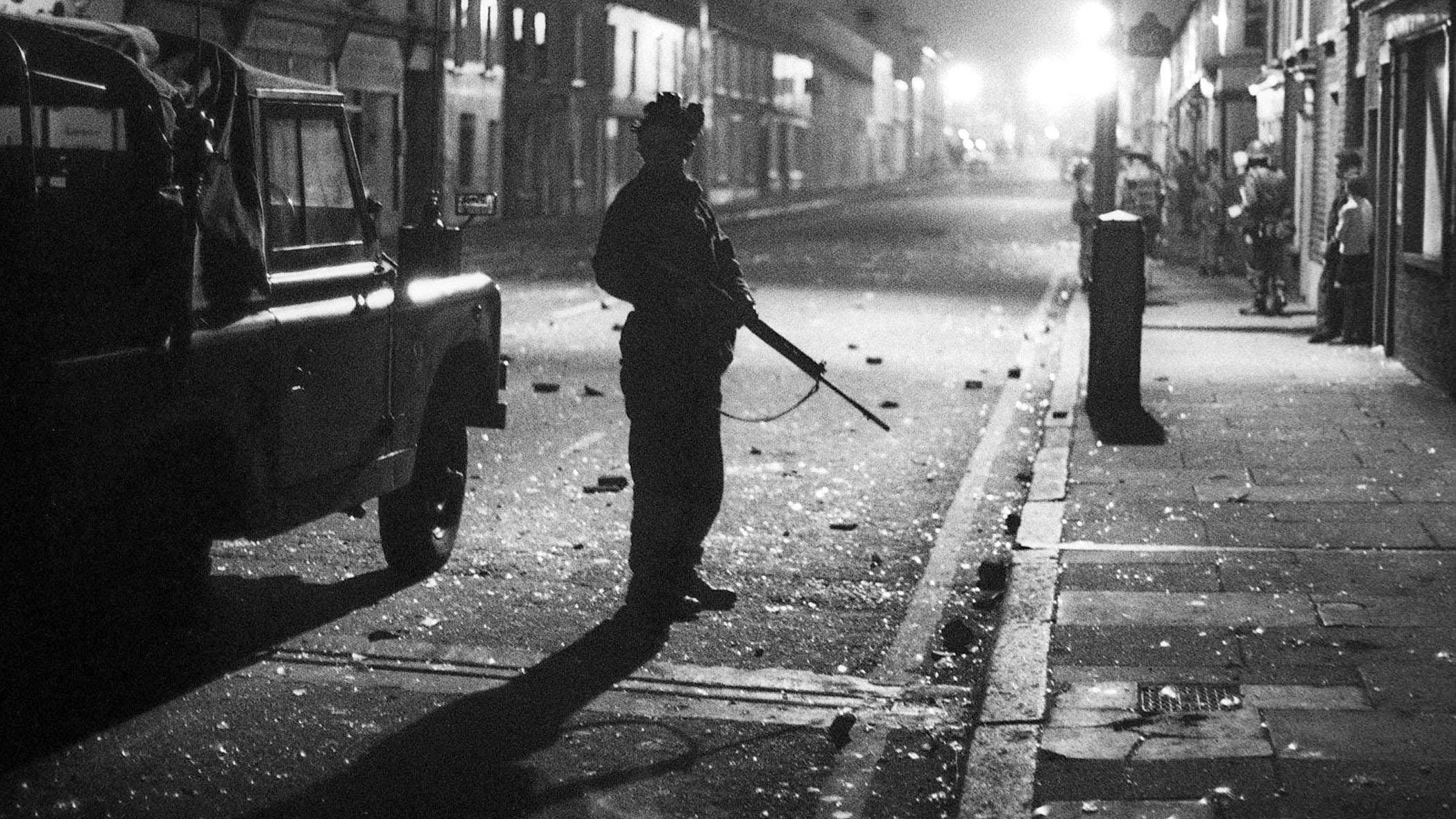
Troubles victims hail Govt decision to start process to repeal Legacy Act

Victims of the Troubles have hailed the decision by the Government to repeal the controversial Legacy Act.
King Charles announced in his speech at the State Opening of Parliament that measures are to be brought forward to begin the process of repealing the Act.
The Act aimed to address the legacy of Northern Ireland's past, but was met with near-universal opposition by parties and victims’ groups.
- Sir Henry Wilson: The murder that impacted the history of Northern Ireland
- Dennis Hutchings: Northern Ireland PPS defends decision to bring Army veteran to trial
- Bloody Sunday: 50th anniversary marked by events in Northern Ireland
The entire Act cannot be repealed without something to replace it, but the Government is expected to repeal the policy of offering conditional immunity for Troubles crimes among the first steps.
Michael O'Hare's 12-year-old sister Majella was shot and killed by a British soldier on her way to church with a group of friends in 1976.
He said his family believed the door for justice had been closed.
"This is an important day for families like ours, who thought we'd seen the door closed forever on these cases," he said.
"Majella was just an innocent little girl who didn't deserve to be gunned down when walking along the road with her friends.
"We deserve truth and accountability. It's a huge relief that that is now a possibility again, even if we've had to wait half a century. It’s never too late to do the right thing."
Amnesty International UK's Northern Ireland deputy director, Grainne Teggart, said it was an "important step toward overturning an atrocious attack on rights".
"Repealing and replacing the Troubles Act is necessary to right a historic wrong," she added.
"The UK Government must show a complete change in approach to the last government; listen to victims and prioritise their rights.
"There must be no delay in getting the wheels of justice turning. We want to see Stormont House Agreement-plus legislated for and an urgent reinstatement of judicial processes, such as inquests, for all who need them."
A legal challenge by Troubles victims to the Act saw a lengthy judgment issued in February.
It found conditional immunity from prosecutions for Troubles crimes was in breach of the European Convention on Human Rights.
However, the same judgment also found the Independent Commission for Reconciliation and Information Recovery to be capable of conducting human rights-compliant investigations.
The new Government is to stick to its General Election manifesto commitment to address legacy, aiming to find a way forward supported by victims and survivors, and which will comply with human rights organisations.
This is to include repealing the conditional immunity scheme and reversing the policy prohibiting victims and families from bringing civil claims, and set out steps to allow the Troubles-era inquests that were prematurely halted to resume.
A number of Northern Ireland's political parties have welcomed the Government's direction.







